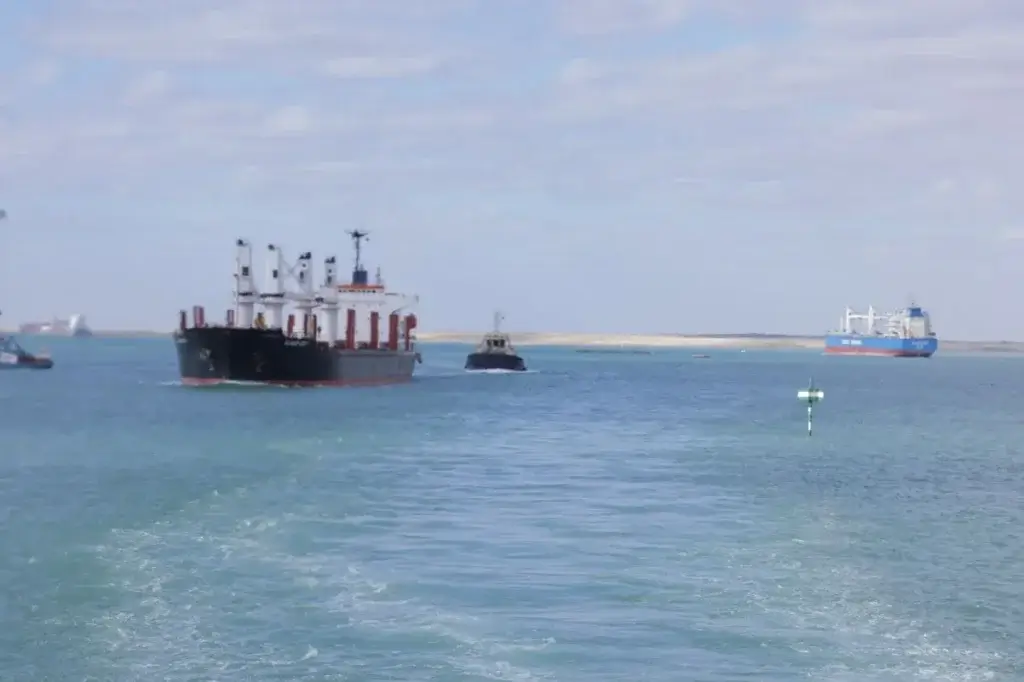After several days of tense negotiations in London, the International Maritime Organization, or IMO, voted on Friday (17 October) to defer the decision until next year. According to Reuters, 57 of the IMO’s 176 member states supported Saudi Arabia’s motion to delay, 49 voted against, and 21 abstained.
The decision came after U.S. President Donald Trump called on member states to “vote no” on what he described as a “global green new scam tax on shipping”. Washington had earlier warned that countries supporting the plan could face trade retaliation, including port restrictions and sanctions, as reported by Splash 247.
The proposed measure, part of the IMO’s so-called Net Zero Framework, would have introduced a levy or pricing mechanism on greenhouse gas emissions from ships, alongside fuel standards aimed at reducing the sector’s climate footprint. The system was originally scheduled to take effect no earlier than 2028.
European shipowners warn of uncertainty and lost momentum
The postponement drew sharp criticism from European industry representatives, who called the outcome a setback for climate policy and business stability.
“The delay leaves the shipping sector drifting in uncertainty,” said Faig Abbasov, director of shipping at Transport & Environment.
Germany’s shipowners’ association (VDR) described the failure to reach agreement as “a serious setback”. Managing director Martin Kröger told VerkehrsRundschau that the EU had been “too quiet” in defending its position, underestimating how quickly some countries’ stances could shift.
The German Shipbuilding and Ocean Industries Association (VSM) and the environmental group NABU voiced similar concerns, saying the lack of a decision left the industry without a clear international framework after years of negotiations.
Divisions widen among major shipping nations
Countries including China, Greece, Cyprus, Japan and South Korea had supported a global carbon price in earlier rounds of talks. But during Friday’s vote, China switched sides to back the delay, while the others abstained.
In contrast, the EU, Brazil and Pacific island nations pushed for immediate adoption, warning that postponement undermines the industry’s long-term net-zero goal for 2050.
According to Reuters, the motion to delay passed with a narrow majority, highlighting deep geopolitical divides within the IMO.
Industry reaction: ‘a loss of momentum for decarbonisation’
Shipping companies and environmental groups said the delay would slow the transition to cleaner fuels.
Maersk described the outcome as “a loss of momentum for the industry’s efforts to decarbonise”, while environmental campaigners said the IMO’s inaction risked leaving global shipping “adrift” between competing national and regional climate regimes.
Industry experts say the one-year delay could have knock-on effects beyond the shipping lines themselves. Lars Jensen, a leading container shipping analyst, warned that the uncertainty may deter investors from backing green fuel projects and slow down fleet renewal.
“The problem is not the one-year delay — it’s the uncertainty whether this will be postponed yet again,” Jensen wrote on LinkedIn. “And the uncertainty will lead to postponement in some investments.”
According to Jensen, the situation could also strengthen the relative position of LNG over fully green fuels and extend the operational life of older vessels. He added that the lack of a clear global signal may encourage smaller operators to delay vessel orders and could drive more regional policies such as the EU ETS and FuelEU Maritime, creating “a more complex, overlapping regulatory landscape.”
The IMO, which regulates safety and pollution standards for international shipping, said the extraordinary session would reconvene in 2026 to continue work on the Net Zero Framework.
What’s at stake for Europe’s maritime sector
Shipping accounts for nearly 3 % of global CO₂ emissions and carries about 90 % of international trade. The EU has already included maritime transport in its Emissions Trading System (ETS), but many operators had hoped for a unified global approach to avoid regulatory overlap.
Analysts warn that the failure to reach consensus could accelerate fragmentation, with regional rules emerging instead of a single international standard.
The earliest possible entry into force for a global carbon price, if approved next year, is now expected to be 2028.











